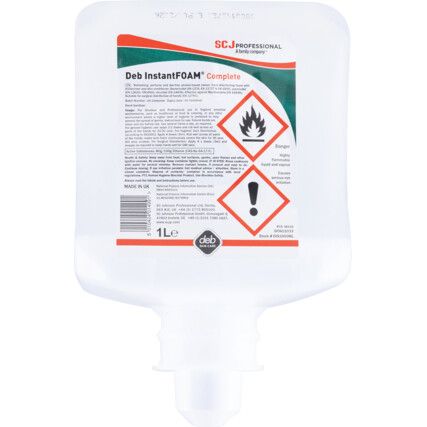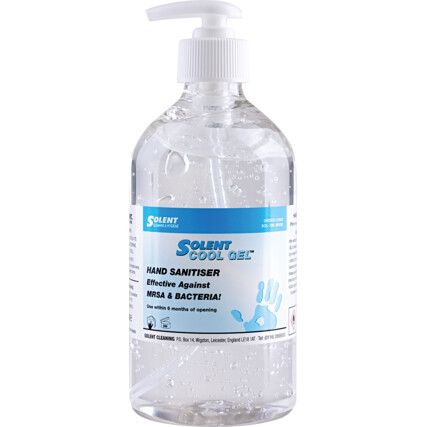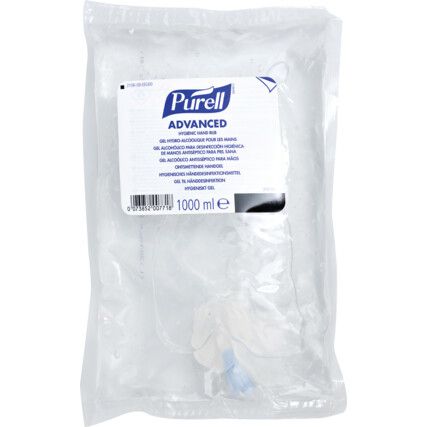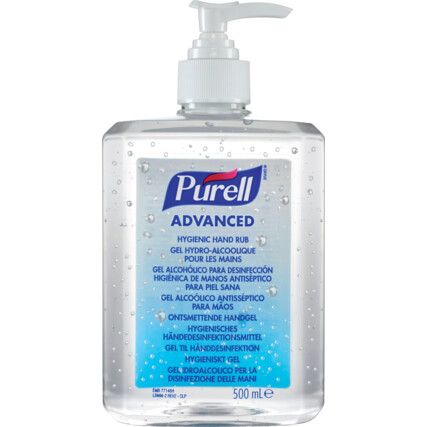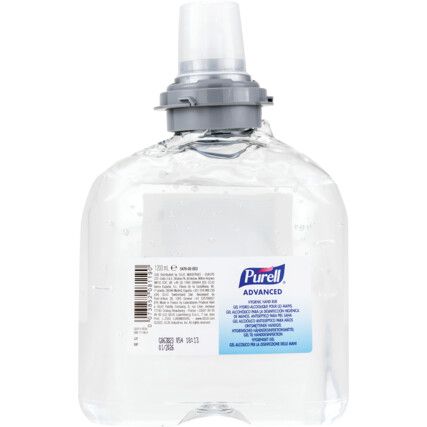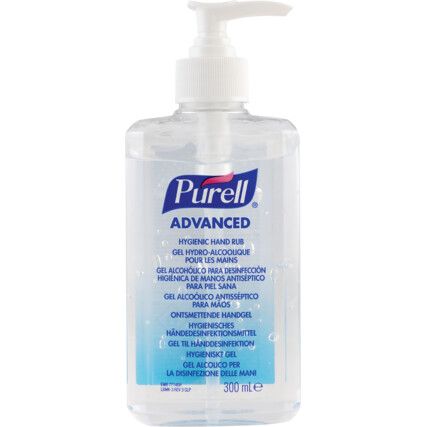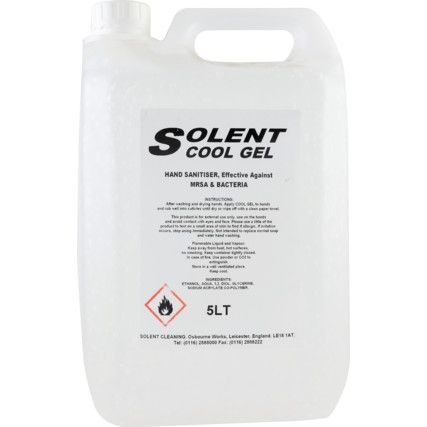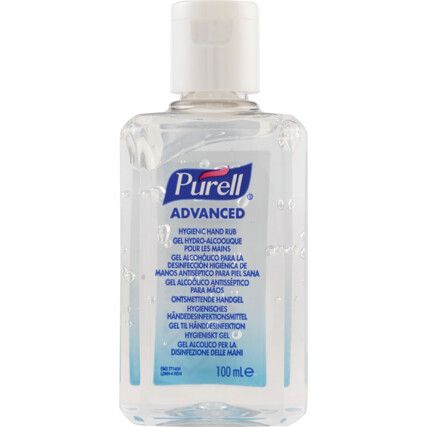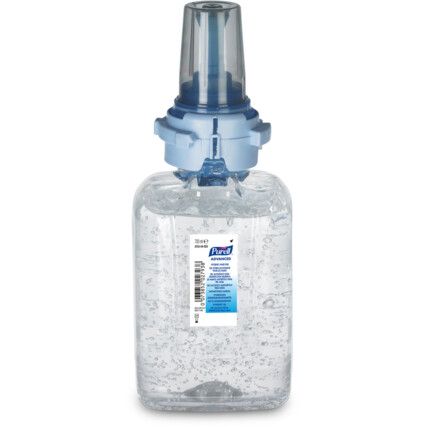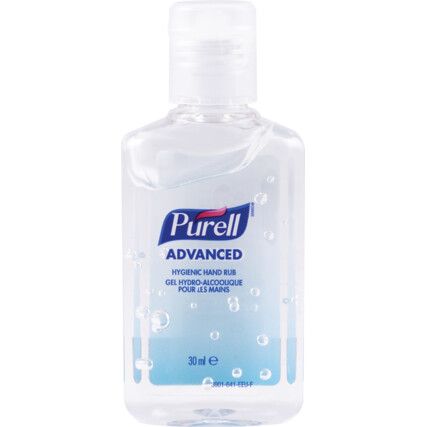Hand Sanitisers
Keep hygiene standards at maximum and shop for hand sanitisers online at Cromwell.co.uk. We stock a wide selection of antibacterial hand gels and liquids to protect against the spread of viral infections when soap and water isn't available.
We carefully select products for our range of hand sanitisers from well-known brands, like Orcagel®, Purell®, Gojo® and our own brand, Solent Cleaning®.
What are hand sanitisers?
Available in various forms, hand sanitisers are the ideal way to clean and disinfect the hands without the need for water or towels.
Typically formulated with an alcohol base, they're designed to kill the maximum germs and bacteria present on the hands and maintain that antibacterial action for a length of time
Why hand sanitisers?
Sanitisers dry quickly and help to prevent the spread of viruses and other harmful contaminants, such as infections, MRSA and mould spores. They are a great alternative to water and soap when on the go or without washing facilities.
When to use hand sanitiser?
Hand sanitiser is an excellent way to complete a comprehensive hand cleaning, after using water and antibacterial soap. They are ideal for use in areas with high foot traffic such as in offices, warehouses, schools, washrooms, kitchens or large events as well as for personal use.
Hand sanitiser types
Hand sanitisers are widely available in a range of colours and scents, with various sized packaging suitable for personal use or commercial refills. There are even mini hand sanitisers that can be kept in a bag or worn around the neck
• Foam - Designed to absorb quickly, this type of hand sanitiser is applied using a pump, with the foam clinging to the hands to prevent mess
• Gel - One of the most popular sanitiser types, gel spreads easily on the hands
• Liquid - Often sprayed onto the hands, liquid is often used in healthcare settings to ensure the hands are thoroughly sanitised
Considerations when choosing hand sanitisers
• Type - we've already discussed the different types of hand sanitisers available. Choose one that best suits your setting and will be the easiest to apply.
• Moisturisers - some hand sanitisers contain aloe vera or glycerine to soothe and moisturise the skin and prevent dryness from frequent use.
• Formula - when purchasing alcohol-based hand sanitiser, ensure the formula has 60% of alcohol as a minimum. Any less than that is an insufficient dilution when eradicating germs.
Hand sanitiser jargon buster
To help you to choose the best product for you, so we've broken down and explained a common safety standard associated with hand sanitiser to help you better understand our product range.
What does EN 13727 mean?
This safety standard outlines the testing methods and evaluation of disinfectants and antiseptics used in medical settings, including hand sanitisers and hand rubs, as well as surgical handwash and disinfectant solutions used for surfaces and medical instruments.
A product bearing this standard has been tested for bactericidal activity to ensure that the formula is effective against common bacteria in conditions which reflect normal everyday use.
Let's break it down...
• EN - This is abbreviated from the German Europäische Norm (which means European Norm) and stands for European Standards
• 13727 - The identifying legislation number
FAQs
Can hand sanitisers dry out the skin?
Some hand sanitisers will dry out the hands when used frequently. However, some formulas feature emollients, like glycerine which is used as a moisturiser in a lot of industrial hand washing products.
Which is better in hand sanitisers, isopropyl or ethyl alcohol?
Both types of alcohol have been proven effective in eradicating bacteria and viruses to prevent the spread of infections and flu. However, ethyl alcohol kills a wider range of viruses (excluding hepatitis A and the poliovirus) than isopropyl, which is only effective against enveloped viruses (a class of virus which features an outer wrapping of a protein membrane).
